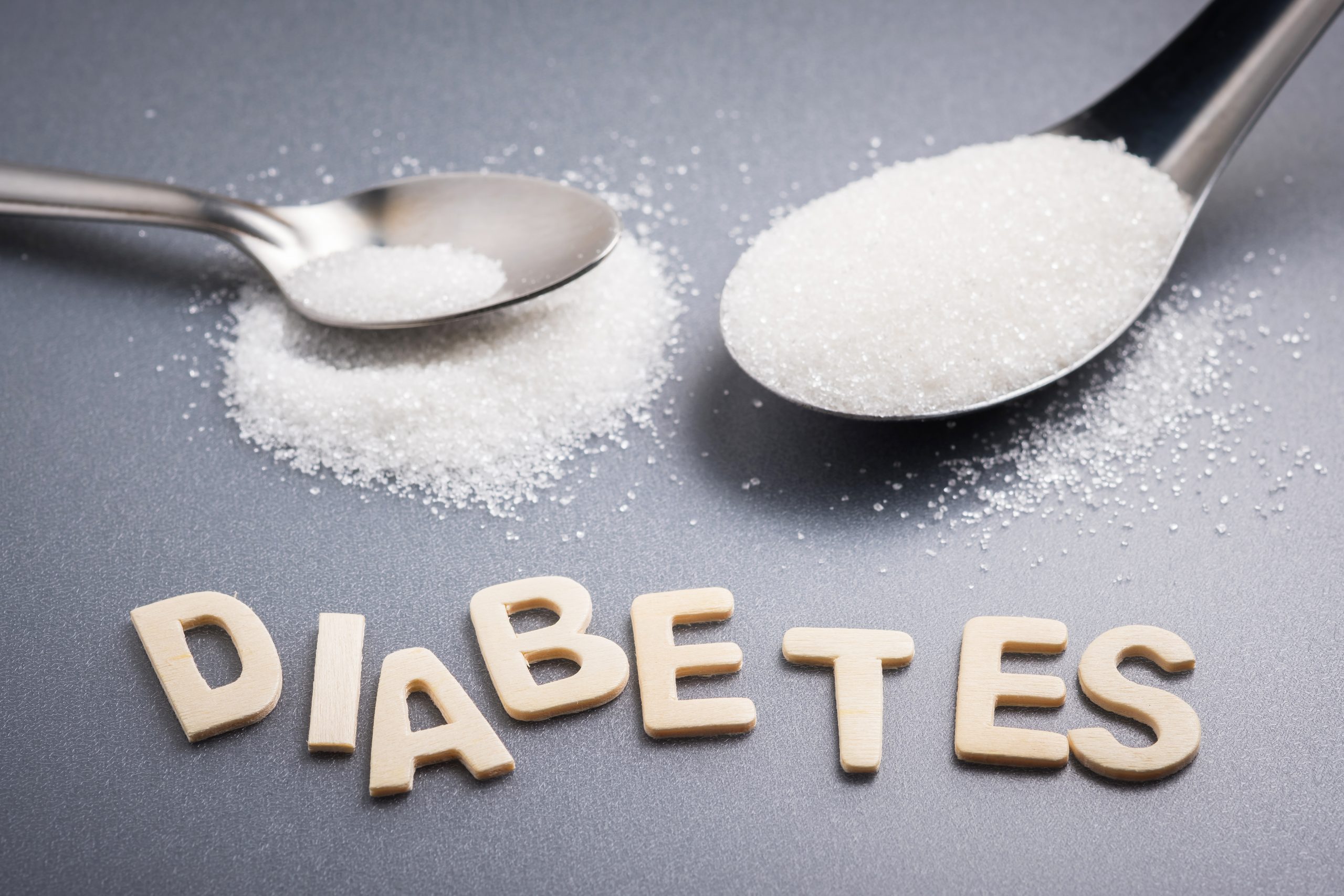Smoking is a well-known risk factor for various health conditions, including heart disease, lung cancer, and respiratory problems. However, the effects of smoking on blood sugar control, particularly in individuals with diabetes, are often overlooked. Tobacco use can significantly impact diabetes management and lead to complications in blood sugar control. In this article, we will explore the effects of smoking on blood sugar control and highlight the importance of quitting smoking for individuals with diabetes.
- Insulin Resistance:
Smoking has been associated with increased insulin resistance, a condition in which the body’s cells become less responsive to the hormone insulin. Insulin resistance is a key factor in the development and progression of type 2 diabetes. By impairing insulin’s ability to regulate blood sugar levels effectively, smoking can make it more challenging to achieve and maintain stable blood sugar control.
- Elevated Blood Sugar Levels:
Smoking can lead to elevated blood sugar levels, both in individuals with diabetes and those without the condition. Nicotine and other chemicals present in tobacco can increase the release of stress hormones, such as adrenaline and cortisol. These hormones can trigger the liver to release glucose into the bloodstream, resulting in higher blood sugar levels. For individuals with diabetes, this can exacerbate hyperglycemia and complicate diabetes management.
- Increased Risk of Diabetes Complications:
Smoking not only affects blood sugar control but also increases the risk of complications in individuals with diabetes. It accelerates the progression of microvascular complications, such as diabetic retinopathy (eye disease), nephropathy (kidney disease), and neuropathy (nerve damage). Smoking also raises the risk of macrovascular complications, including cardiovascular disease, stroke, and peripheral artery disease. Achieving optimal blood sugar control is crucial for reducing the risk of these complications, and smoking can hinder these efforts.
- Impaired Wound Healing:
Smoking negatively impacts wound healing, which can have significant implications for individuals with diabetes. Diabetes already impairs the body’s ability to heal wounds due to reduced blood flow and neuropathy. Smoking further reduces blood flow to the extremities, making it harder for wounds, such as foot ulcers, to heal. Poor wound healing increases the risk of infections and amputations in individuals with diabetes.
- Increased Cardiovascular Risk:
Both smoking and diabetes independently increase the risk of cardiovascular disease. When combined, they create a synergistic effect, significantly raising the risk of heart attacks, strokes, and other cardiovascular complications. Smoking damages blood vessels, reduces oxygen supply to tissues, and promotes the formation of blood clots, further compromising cardiovascular health in individuals with diabetes.
- Impact on Medication Efficacy:
Smoking can interfere with the effectiveness of certain diabetes medications. For example, smoking can reduce the efficacy of oral antidiabetic drugs, such as metformin. This can lead to poor blood sugar control and the need for higher medication doses, potentially increasing the risk of side effects. Quitting smoking can improve medication response and enhance blood sugar management.
- Overall Health and Well-being:
Smoking has detrimental effects on overall health and well-being, which can indirectly impact blood sugar control. It increases the risk of respiratory infections, exacerbates respiratory symptoms, and compromises lung function. Respiratory problems can interfere with physical activity and exercise, which are vital components of diabetes management. By quitting smoking, individuals with diabetes can improve their respiratory health and increase their capacity for physical activity, leading to better blood sugar control.
Quitting smoking is crucial for individuals with diabetes to optimize blood sugar control and reduce the risk of complications. The benefits of quitting extend beyond blood sugar management and encompass overall health and well-being. Quitting smoking is a challenging but worthwhile endeavor. Support from healthcare professionals





